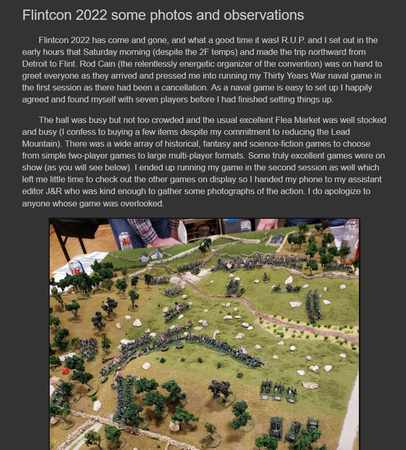
A Victoria Emerson Thriller
327 pages. Acknowledgments.
This is the sequel to Crimson Phoenix, in which former Congresswoman Victoria Emerson fought to find her missing oldest son after nuclear war, but found herself saving the town of Ortho, West Virginia, instead. The first book saw her triumphant over a hillbilly family that rejected law and order.
As this novel begins, a flotilla of rivercraft come upriver and land in Ortho. They identify themselves as the Maryland National Guard, and demand the surrender of the town. Victoria does her best to negotiate peace, but greedy Guardsmen provoke a confrontation, and are forced to retreat when Ortho's prepared defenses overcome soldiers firing from unstable rivercraft.
This sets up the conflict which dominates this novel. The Guardsmen, now under a new leader, plunder nearby Appleton and recruit an army, while killing or driving away the local citizens. Meanwhile, Victoria and her partners continue to accept refugees (if they promise to work), are using their limited resources to prepare for the upcoming winter, and must improve their defenses for when the Guardsmen come back.
In another subplot, Adam Emerson (Victoria's oldest son) and his girlfriend have hidden in the woods to escape the savagery of the other survivors. But now that Emma is pregnant, they realize they need to find organized society. Her old Bronco still runs (no electronic chips), so they drive down the road in search of something better.
And in a bunker hidden within a resort hotel, the surviving members of the House of Representatives remain isolated, dominated by the bunker staff who are blindly following orders. Can Penn Glendale, now President of the United States, take charge of the wounded nation?
The novel is structured to start with a bang (a battle), then a long suspenseful build-up, then a resolution that resolves one subplot and leads into a climactic battle. Most of the characters from the first novel are back, along with many new survivors and their stories, and competing ideas on what society after the nuclear war should look like. The author seems to know something about the military and combat.
Can you wargame it? There are several fights through the novel, from small to large, all of which are unbalanced and would need to be rethought to make an interesting tabletop scenario.
I didn't care much for the first novel, and read the second one only because it promised more 'fighting'. I thought it started well, bogged down in the middle, but ultimately came to a good conclusion – better than the first novel. I did not find many of the characters to be interesting or well developed. The author is fascinated by civics and morality in the post-Apocalypse world.
If you are going to read this novel, you should read the prior novel first because it introduces the background and characters.
I found this novel to be slow paced, but the ending was nice. I grudgingly recommend it.
Reviewed by ![]() Editor in Chief Bill
Editor in Chief Bill ![]()
![]() .
.







